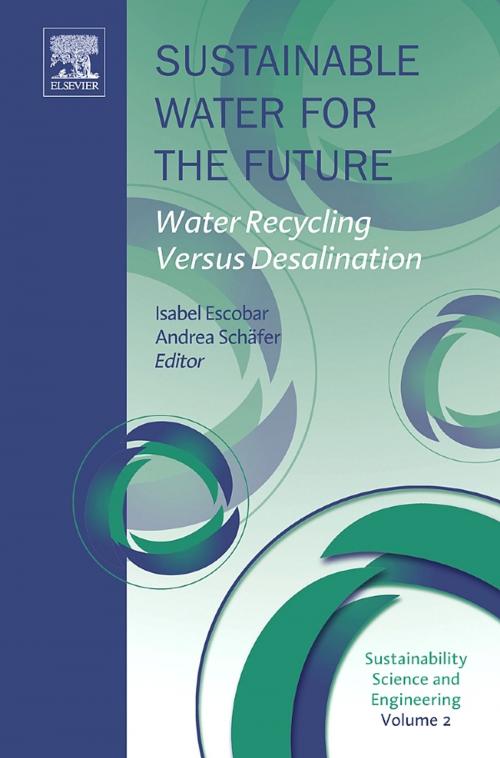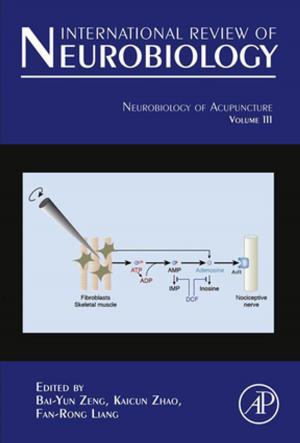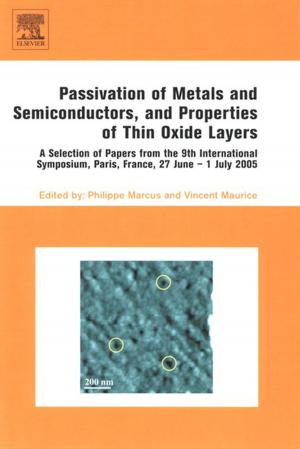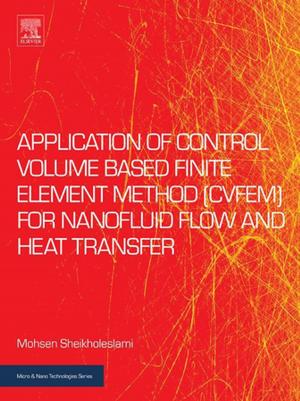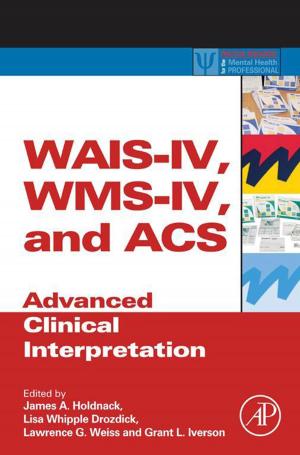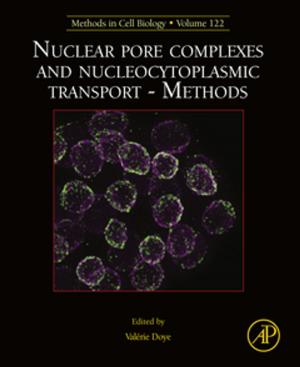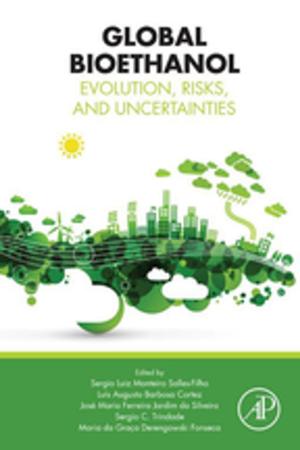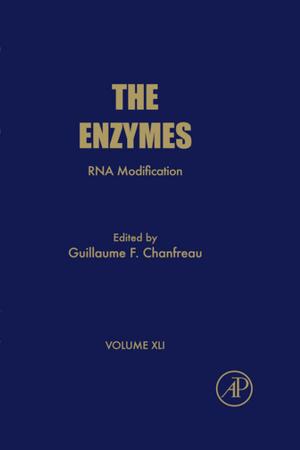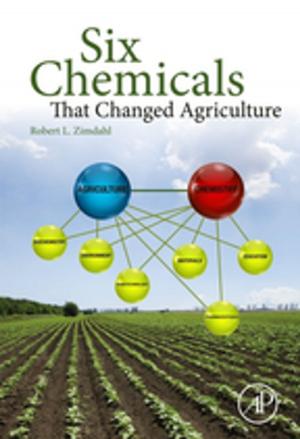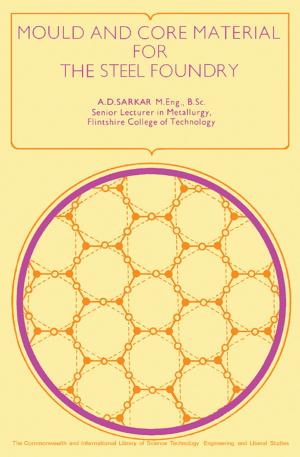Sustainable Water for the Future
Water Recycling versus Desalination
Nonfiction, Science & Nature, Technology, Engineering, Environmental, Science, Biological Sciences, Microbiology| Author: | ISBN: | 9780080932170 | |
| Publisher: | Elsevier Science | Publication: | October 5, 2009 |
| Imprint: | Elsevier | Language: | English |
| Author: | |
| ISBN: | 9780080932170 |
| Publisher: | Elsevier Science |
| Publication: | October 5, 2009 |
| Imprint: | Elsevier |
| Language: | English |
This book is part of a series on sustainability. Specifically, it deals with the issue of sustainable water use. Fresh sources of potable water are being depleted across the world. Pure water is the goal of water utilities as well as several industries. Well past the experimental stage, membrane processes are now a proven and reliable method of providing high-quality, cost-effective water. Membrane technologies have immediate applications to treatment of fresh, brackish and sea waters, as well as wastewater reclamation. With innovative module design and engineering, micro- and ultra-filtrations have become effective and economical for drinking water production, particularly for removal of microorganisms. Membrane bioreactors are being developed for municipal and industrial water recycling. Various membrane processes are also used to remove contaminants from industrial wastewaters.
This book covers the fundamental and practical concepts and issues regarding the application of membrane technologies for sustainable water treatment. It describes and compares the effectiveness of desalination versus water recycling for long-term sustainable water use.
- Describes the global water situation with respect to sustainability - Emphasizes the role of membrane technologies - Compares the strategies of water recycling and desalination
This book is part of a series on sustainability. Specifically, it deals with the issue of sustainable water use. Fresh sources of potable water are being depleted across the world. Pure water is the goal of water utilities as well as several industries. Well past the experimental stage, membrane processes are now a proven and reliable method of providing high-quality, cost-effective water. Membrane technologies have immediate applications to treatment of fresh, brackish and sea waters, as well as wastewater reclamation. With innovative module design and engineering, micro- and ultra-filtrations have become effective and economical for drinking water production, particularly for removal of microorganisms. Membrane bioreactors are being developed for municipal and industrial water recycling. Various membrane processes are also used to remove contaminants from industrial wastewaters.
This book covers the fundamental and practical concepts and issues regarding the application of membrane technologies for sustainable water treatment. It describes and compares the effectiveness of desalination versus water recycling for long-term sustainable water use.
- Describes the global water situation with respect to sustainability - Emphasizes the role of membrane technologies - Compares the strategies of water recycling and desalination
